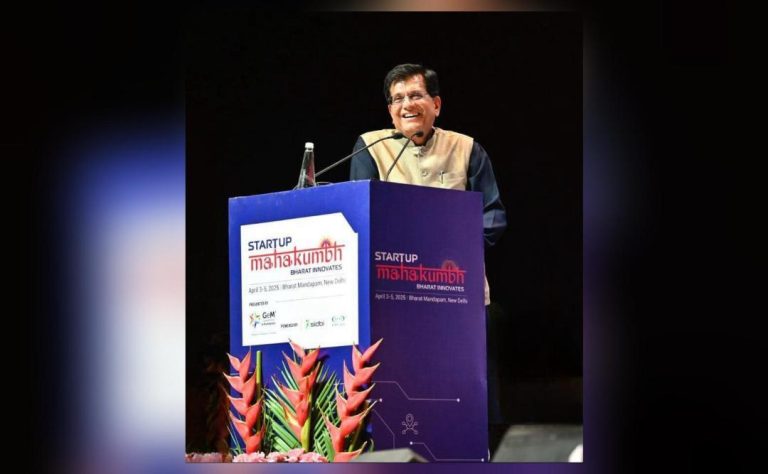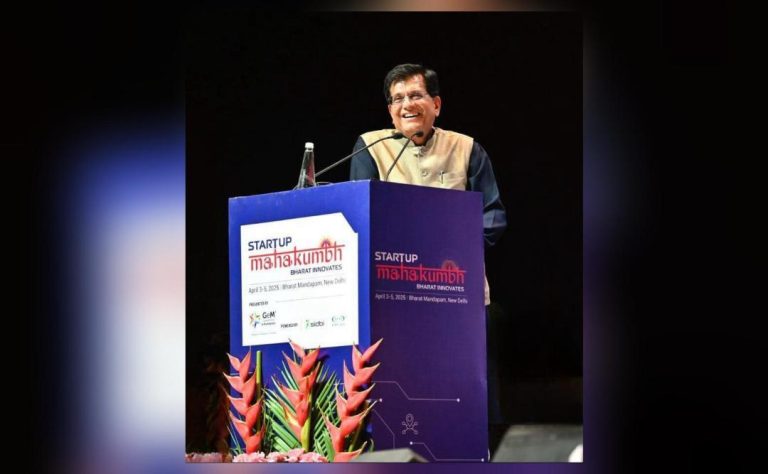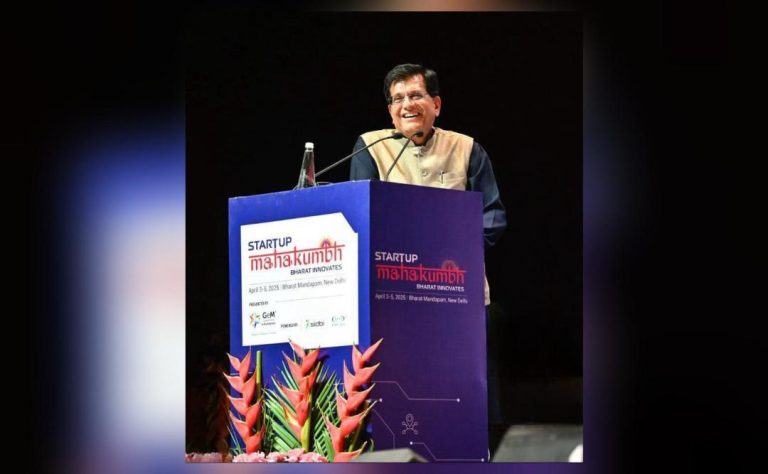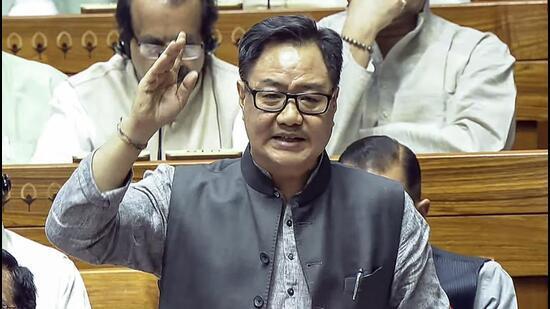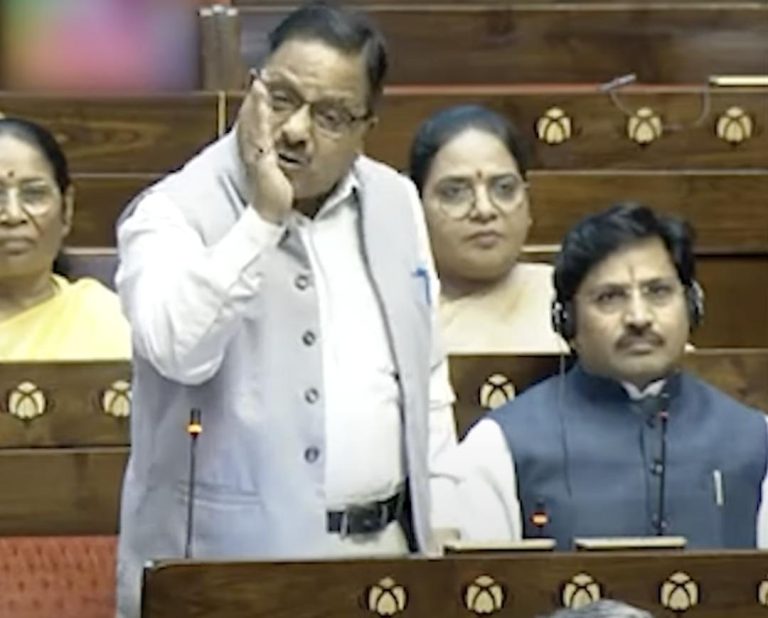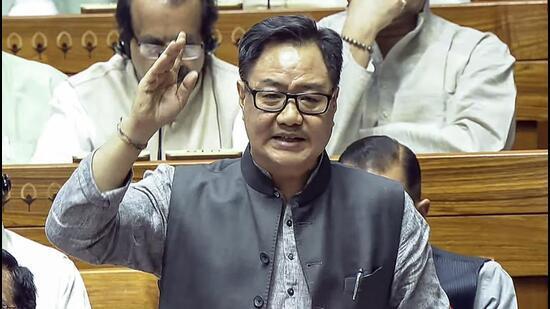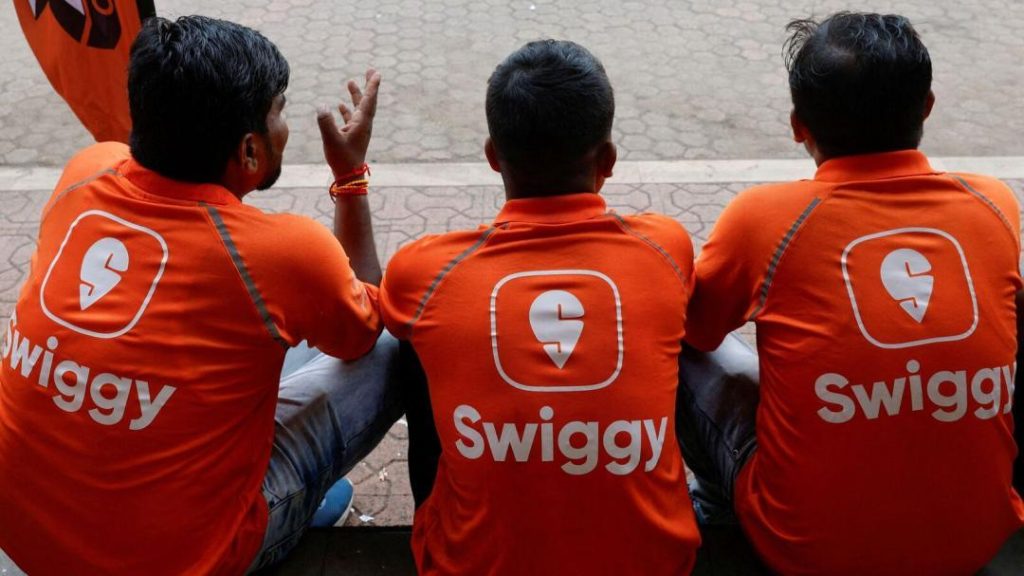
Swiggy Faces ₹158 Crore Tax Demand Over Cancellation Fees
Swiggy, one of India’s most popular food delivery platforms, has received a massive tax demand of ₹158 crore from the income tax authorities for the financial year 2021-22. The demand is reportedly related to alleged violations of tax provisions regarding cancellation charges paid to merchants. The Bengaluru-based company has announced its intention to appeal the demand, claiming that it stems from a misunderstanding of tax provisions.
The tax demand, which is equivalent to approximately $2.2 million, has sent shockwaves through the Indian startup ecosystem. The case has also raised important questions about how cancellation fees are taxed in the evolving digital economy.
Cancellation fees, also known as order cancellation charges, are a common practice in the food delivery and e-commerce industries. These fees are typically paid by customers when they cancel their orders after the restaurants have already prepared the food or made significant preparations. The fees are meant to compensate the restaurants for the loss of revenue and the resources they have invested in preparing the order.
Swiggy’s cancellation fees are reportedly around 2-5% of the order value, which can add up to significant amounts for large-scale orders. The company claims that it has been paying these fees to its merchants in accordance with the terms of their agreements.
However, the income tax authorities have taken a different view. According to sources, the authorities have accused Swiggy of violating tax provisions by not deducting tax at source (TDS) on these cancellation fees. The authorities have reportedly demanded that Swiggy pays a tax of 10% on the total amount of cancellation fees paid to its merchants during the financial year 2021-22.
Swiggy has disputed the demand, claiming that it is based on a misunderstanding of tax provisions. The company has argued that the cancellation fees are not considered as “fees for services” under the Income-tax Act, 1961, and therefore, are not subject to TDS.
The company has also claimed that it has been paying GST (Goods and Services Tax) on the cancellation fees, which is a direct tax on the value of the goods and services provided. Swiggy has argued that it has been complying with all tax laws and regulations and that the demand is unjustified.
Experts Weigh In
The Swiggy case has sparked interest among tax experts and industry observers, who believe that the case could set a precedent for how cancellation fees are taxed in the digital economy.
“Swiggy’s case highlights the need for clarity on tax provisions related to digital transactions,” said Anil Talreja, a tax expert and founder of the Taxmann Group. “The government needs to provide clear guidelines on what constitutes a ‘fee for service’ and what doesn’t. Until then, companies like Swiggy will continue to face uncertainty and ambiguity.”
Talreja also pointed out that the Swiggy case could have a ripple effect on other companies in the e-commerce and food delivery industries, which rely heavily on cancellation fees as a revenue stream. “If Swiggy is forced to pay tax on cancellation fees, it could lead to a significant increase in costs for these companies, which could in turn impact their competitiveness and profitability,” he said.
What’s Next for Swiggy?
Swiggy has announced its intention to appeal the tax demand, which is expected to be a lengthy and complicated process. The company will have to demonstrate to the tax authorities that its cancellation fees are not subject to TDS and that it has been complying with all tax laws and regulations.
In the meantime, Swiggy will have to absorb the tax demand, which could put a significant strain on the company’s finances. The company has reportedly been in talks with its investors to raise additional funds to meet the tax demand.
The Swiggy case is a reminder of the complexities and challenges of taxing digital transactions in India. As the country’s digital economy continues to evolve, it is essential that the government provides clear guidelines and regulations to ensure that companies like Swiggy can operate with confidence and certainty.
Source:
https://ascendants.in/industry_events/swiggy-rs-158-crore-tax-demand/
